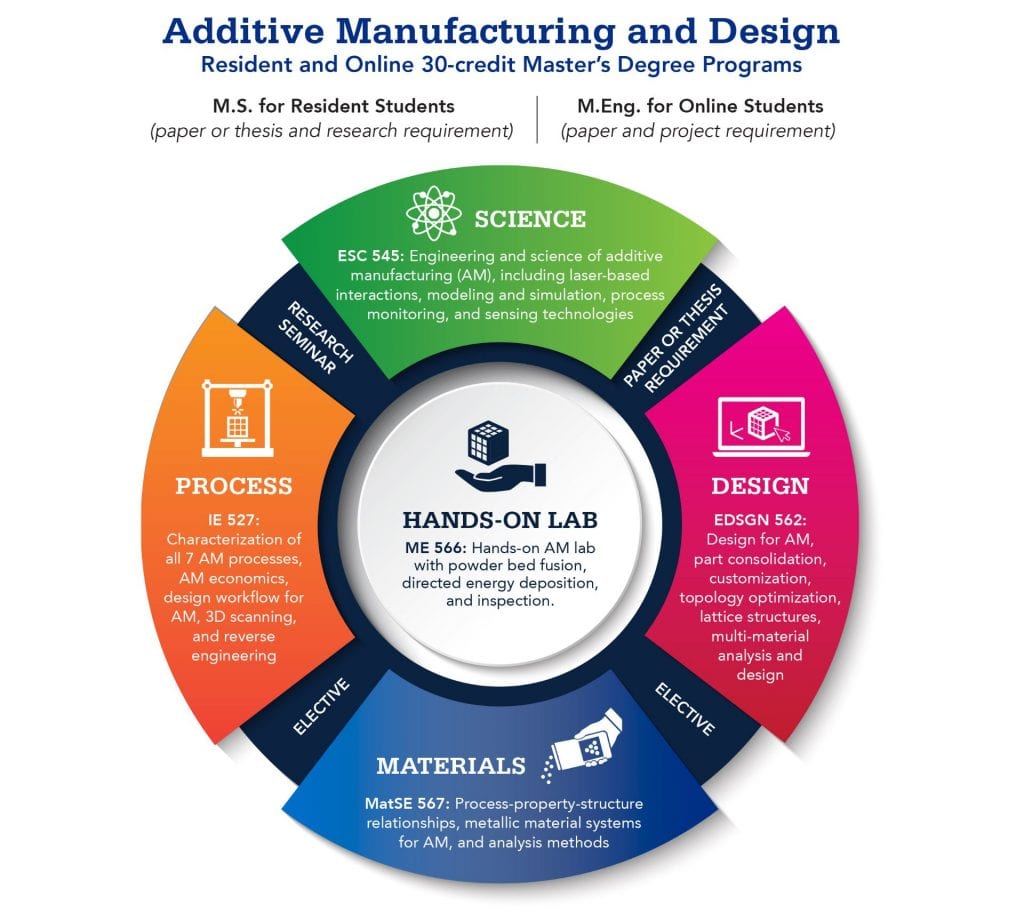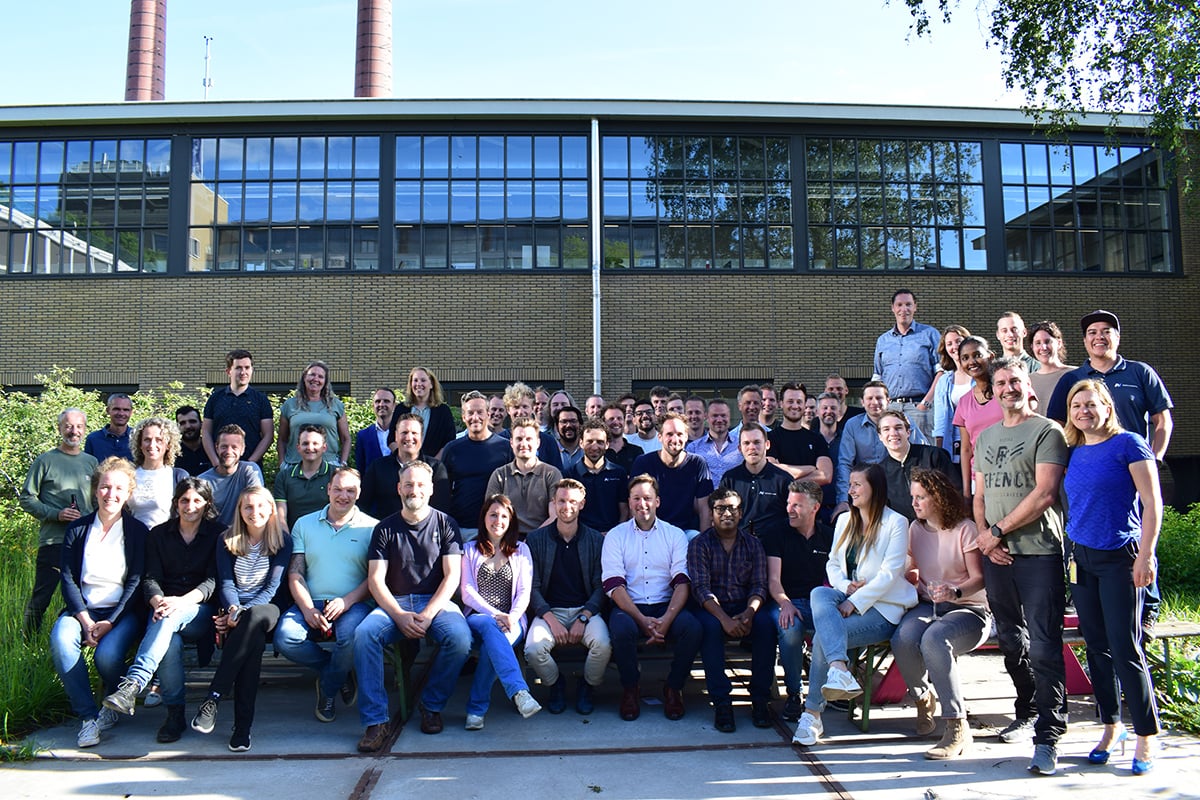The Rise of the Additive Manufacturing Engineer
The future of manufacturing is undeniably intertwined with additive manufacturing (AM), also known as 3D printing. This technology is rapidly evolving, creating a surge in demand for skilled professionals who can design, operate, and maintain these complex systems. Additive manufacturing engineers will be crucial in optimizing processes, troubleshooting issues, and pushing the boundaries of what’s possible with AM technologies. Their roles will involve a blend of engineering principles, material science, and software expertise, making them highly sought-after across various industries.
Material Scientists: The Alchemist of the Future
As AM technologies advance, the need for specialized material scientists will skyrocket. These experts will be vital in developing new materials specifically tailored for 3D printing, focusing on properties like strength, durability, biocompatibility, and recyclability. They’ll work to overcome limitations in existing materials and explore novel compositions to unlock the full potential of AM in areas like aerospace, medicine, and construction. The ability to fine-tune material properties at a microscopic level will be paramount.

Software and Algorithm Specialists: The Digital Architects
The digital world is fundamental to AM. Software engineers and algorithm specialists will be essential in designing and improving the software that controls 3D printers, optimizes printing parameters, and manages the entire production workflow. This includes developing advanced simulation tools to predict print outcomes, creating user-friendly interfaces for designers, and developing algorithms for automated quality control and process optimization. Their expertise will directly influence the efficiency and precision of AM processes.
Design for Additive Manufacturing (DfAM) Experts: Shaping the Future of Design
Designing for traditional subtractive manufacturing techniques is vastly different from designing for additive manufacturing. DfAM experts will be crucial in guiding the design process, taking full advantage of AM’s unique capabilities. This involves understanding the limitations and possibilities of different 3D printing technologies, optimizing designs for manufacturability, and minimizing material waste. They’ll collaborate closely with engineers and designers to create innovative products that are both functional and aesthetically pleasing, pushing the boundaries of design creativity.
AM Process Technicians: The Hands-on Experts
While engineers and designers work on the theoretical aspects, AM process technicians will be the ones overseeing the day-to-day operations. They’ll be responsible for setting up and operating the 3D printers, monitoring the printing process, conducting quality control checks, and performing necessary maintenance. A deep understanding of various AM technologies and materials will be essential for ensuring efficient and reliable production. These individuals will act as a critical link between the digital design and the physical product.
Quality Control and Assurance Specialists: Guardians of Precision
With the increasing complexity of AM parts and the critical applications they serve (medical implants, aerospace components, etc.), the role of quality control specialists will become even more critical. These professionals will develop and implement rigorous quality control procedures, using various inspection techniques to ensure that printed parts meet the required specifications and standards. Their work will be crucial in guaranteeing the safety and reliability of AM products, fostering trust and confidence in this revolutionary technology.
Data Scientists and Analysts: Unlocking the Power of Data
Additive manufacturing generates vast amounts of data during the design, production, and post-processing stages. Data scientists and analysts will play a key role in extracting meaningful insights from this data to optimize processes, predict potential failures, and improve overall efficiency. They will use advanced analytics techniques to identify trends, develop predictive models, and contribute to the continuous improvement of AM technologies and workflows.
Robotics and Automation Specialists: The Future of AM Production
The integration of robotics and automation in AM is poised for significant growth. Specialists in this area will be crucial in developing and implementing automated systems for material handling, post-processing, and quality control. Their expertise will help streamline the entire AM workflow, increasing production efficiency and reducing labor costs while improving consistency and repeatability.
Bioprinting Specialists: Revolutionizing Healthcare
Bioprinting, a subset of AM, is revolutionizing healthcare by enabling the creation of personalized implants, tissues, and even organs. Specialists in this field will require expertise in biology, medicine, and materials science, along with a deep understanding of AM technologies. Their role will be critical in advancing regenerative medicine and personalized healthcare, offering groundbreaking solutions for various medical challenges. Read also about additive manufacturing jobs.

